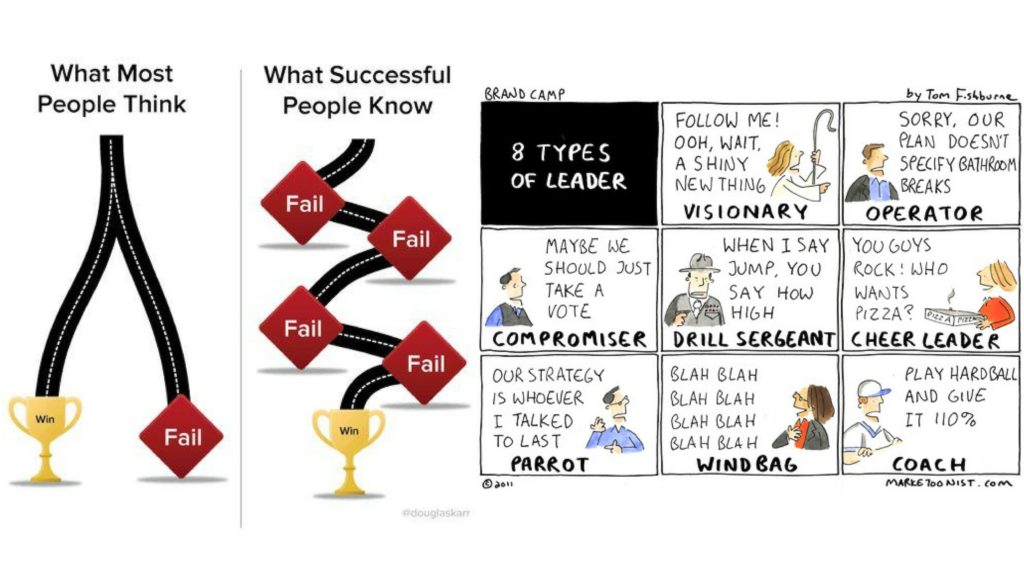The importance of connections for school leaders

Relationships among teaching and non-teaching staff in schools can be integral to your success as a teacher or leader within a school. Trust among colleagues, collegial relationships, and widespread buy-in and support.
A well-shared vision for what you would like to achieve can have a real positive impact on your career, but how can you harness this?
I have just moved job; a nice sideways move from a lead pastoral role to a Head of Curriculum role, nothing too dramatic, but I had not counted on one major obstacle: my entire support network had broken down.

All those years cultivating relationships around the school, from the administrative assistant who handles the photocopying to the exams officer, the data manager and the facilities lead, all really important people who have helped me be the success that I am to this point.
School leaders need a network, setting up and maintaining a system of support to help them meet the many challenges of the job. For some school leaders, it is counter-intuitive to think that they might need to ask for help. But in order to thrive, it is vital that school leaders reach out for support, but how do you achieve this?
Connect and identify
Firstly, find a connection and identify who you can trust to discuss the various challenges whilst providing advice. These relationships are important for any school leader. Connecting with colleagues in your school offers you an opportunity to discuss your situations and scenarios with someone who understands your context. Having that go-to person enables you to find the movers and shakers within the organisation.
Elliott et al. (1999) for instance found in their study that there were certain contextual factors that led to teachers maximising their effectiveness in schools, including established well-developed communication networks and strong administrative support for curriculum initiatives.

Cultivate culture by reaching out
These relationships and support mechanisms do not occur naturally as they need to be cultivated. It was noted in particular that when teachers felt confident, valued and trusted they were more likely to engage. In my context, I have a large faculty to manage, including an array of established teachers, under-performing staff, NQT’s and long term supply.
Time-manage
I manage many time-consuming activities such as lots of questions, ego massaging and general day to day support, but insist on developing a friendly and supportive relationship with key people from the beginning. This is either by inviting them to lunch, introducing them to others in the school, offering to help locate supplies, and so on. These go a long way toward reducing patterns of isolation and building teacher-teacher trust.
Support your networks
SLT can support relationship-building between new and returning faculty by creating opportunities throughout the school year for teachers to meet and get to know one another. Create—and support—meaningful opportunities for teachers to work collaboratively.
Too often, schools are structured in ways that prevent teachers from working together closely. Authentic relationships, however, “are fostered by personal conversations, frequent dialogue, shared work and shared responsibilities.

Make relationship-building a priority
As a faculty, select a small but diverse group of teachers to do some initial legwork: locating an assessment tool, measuring teacher-teacher trust in the school, talking to faculty about perceived strengths and areas of concern, and investigating relevant professional development strategies.
Peer coaching, mentoring, team teaching, professional learning communities, and networking are all models that can be used to strengthen teacher relationships by bringing individuals together around issues of mutual interest and/or concern.

About our Community Expert

Richard Endacott
Career Development Lead
Richard is a history Teacher by Training and for the last few years been head of sixth form. His specialism is leadership and career development in the classroom.







Responses